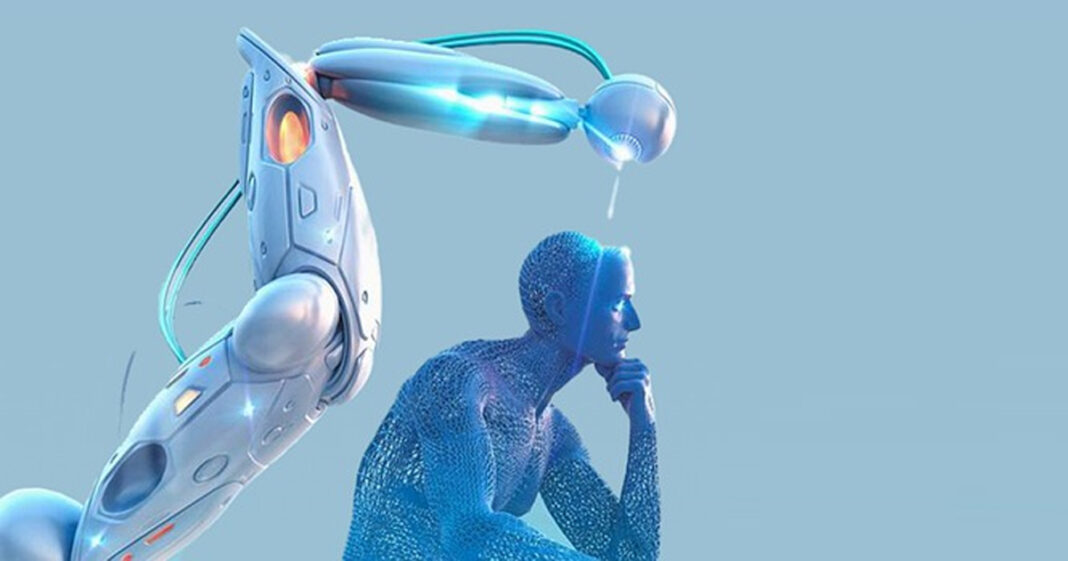Researchers from France and the United States have developed an artificial intelligence (AI) algorithm capable of predicting the risk of sudden cardiac arrest up to 14 days before its occurrence. This groundbreaking study analyzed over 240,000 ambulatory electrocardiograms (ECGs) from six countries, including the U.S., France, the U.K., South Africa, India, and Czechia.
The AI model, designed to mimic human neural networks, identified subtle indicators within ECG data that signal an impending arrhythmia—a condition where the heart beats irregularly, potentially leading to cardiac arrest. The algorithm demonstrated a 70% accuracy rate in detecting at-risk patients and a 99.9% accuracy rate in confirming non-risk patients.
Dr. Laurent Fiorina, the study’s lead author and a researcher at the Paris Cardiovascular Research Center, emphasized the potential of this AI tool: “By analyzing their electrical signal for 24 hours, we realized that we could identify the subjects susceptible of developing a serious heart arrhythmia within the next two weeks.”
The key to the algorithm’s predictive capability lies in its assessment of the time required for the heart ventricles to electrically stimulate and relax during a complete cardiac cycle. This measurement allows the AI to detect “weak signals” that may precede severe arrhythmic events.
Sudden cardiac death accounts for over 5 million fatalities globally each year, often occurring without prior warning signs. Traditional methods have struggled to predict such events in the short term. However, this AI-driven approach offers a paradigm shift by enabling near-term predictions, potentially allowing for timely medical interventions.
The research team plans to conduct clinical trials to validate the algorithm’s effectiveness in real-world settings. If successful, the AI model could be integrated into hospital monitoring systems and wearable devices, enhancing preventive strategies against sudden cardiac arrest.
This advancement underscores the transformative potential of artificial intelligence in healthcare, particularly in predicting and preventing life-threatening conditions. By harnessing vast amounts of ECG data, AI algorithms can provide critical insights, paving the way for proactive patient care and improved cardiovascular outcomes.




